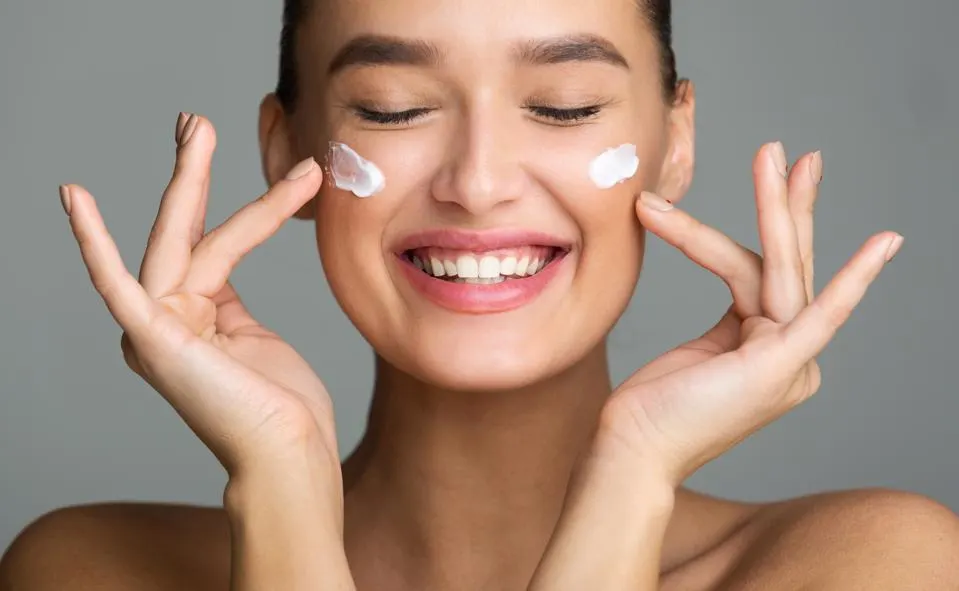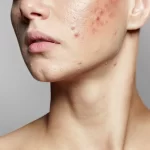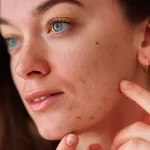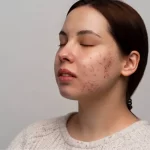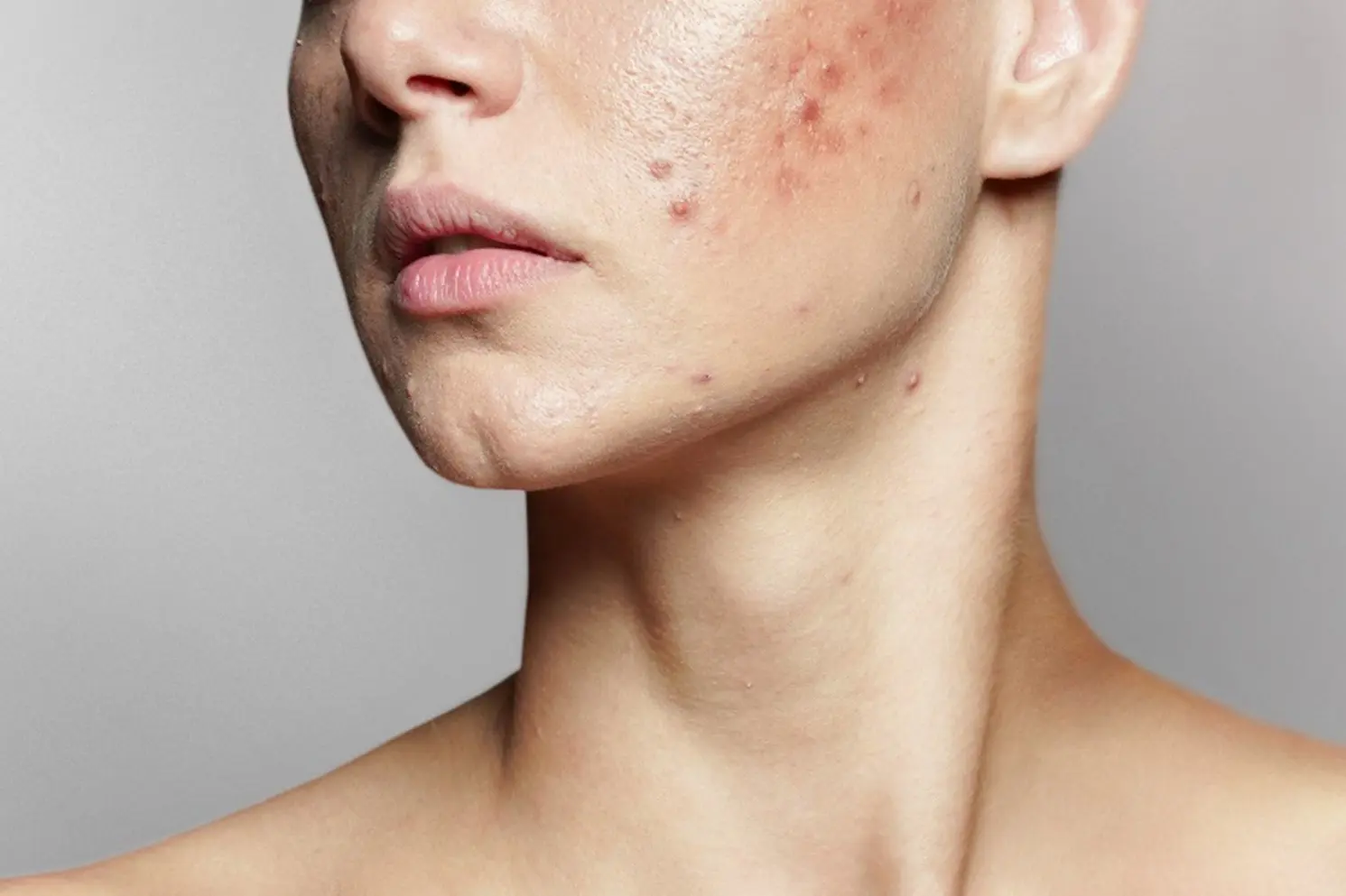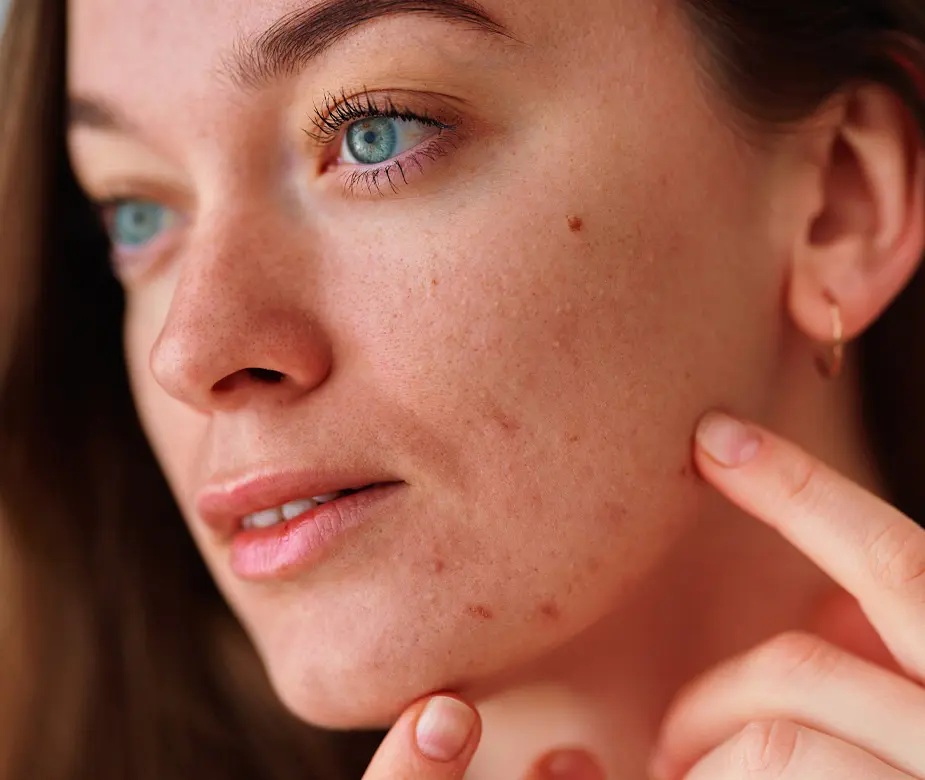Finding the best moisturizer for dry skin, dermatologist recommended can feel overwhelming with so many choices. At DermOnDemand, patients receive expert guidance on selecting products that protect, hydrate, and restore balance. This article highlights dermatologist-approved options, explains key ingredients, and offers practical tips for keeping skin healthy and comfortable.
Key Takeaways
- Dermatologists recommend moisturizers with ceramides, humectants, and occlusives as the best way to strengthen the protective barrier and lock in moisture for dry skin.
- The best moisturizer for dry skin, dermatologists recommend, varies by skin type, with fragrance-free options for sensitive skin, oil-free formulas for acne-prone users, and richer night creams for mature skin.
- Seasonal adjustments matter, with lighter lotions or facial moisturizers containing SPF 30 suited for summer, while thicker creams with shea butter help in colder months.
- A consistent daily moisturizing routine applied right after cleansing maximizes hydration and helps reduce issues such as fine lines, irritation, and cracking.
- Persistent flaking, redness, or painful dryness despite using the best dry skin moisturizer should prompt a consultation with a board-certified dermatologist like Dr. Alicia Atkins at DermOnDemand.
Top Dermatologist-Recommended Moisturizers
What is the best dermatologist-recommended moisturizer for dry skin?
Dermatologists often suggest creams with ceramides, glycerin, or hyaluronic acid. These ingredients help lock in moisture and strengthen the protective barrier of the skin. Options like La Roche Posay moisturizing cream are common recommendations because they are effective yet gentle.
Best face moisturizer for dry skin
For a reliable facial moisturizer, dermatologists recommend fragrance free creams that do not clog pores. Look for an oil free formula if your skin is also acne prone. A good face moisturizer should keep the skin hydrated while maintaining a healthy skin tone.
Pros:
- Gentle on sensitive skin and less likely to irritate.
- Helps improve how the skin feels with consistent use.
- Available in lightweight or rich formulas depending on skin type.
Cons:
- Some formulas may feel greasy on oily areas.
- Premium products can cost more than basic options.
Best body moisturizer for dry skin
A daily moisturizing routine for the body should include rich creams with shea butter or ceramides. These provide lasting hydration and help repair areas like arms and legs where the skin feels tight or flaky. The best dry skin moisturizer for the body should absorb well and last throughout the day.
Best for extremely dry or sensitive skin
For sensitive skin, choose formulas with minimal ingredients. A fragrance-free moisturizing cream reduces irritation risk and helps comfort redness. Thick ointments may work best when the skin is cracked or rough, especially in winter.
Best for aging or mature skin
Dryness often worsens with age and can make fine lines more visible. Dermatologists recommend moisturizers with ceramides and hyaluronic acid to smooth the texture. Using night creams designed for mature skin can help improve hydration overnight.
Best drugstore option
Many effective options are available at the drugstore. A simple moisturizing cream with ceramides and glycerin can be affordable and effective. These formulas strengthen the protective barrier and provide reliable hydration without unnecessary additives.
Choosing the Right Formula
Which moisturizer is best for dry skin?
Oil-based creams are usually better for dry skin than gels or lotions. They create a stronger layer to lock in moisture and prevent water loss. Water-based formulas may feel lighter but often need reapplication.
Key humectants, occlusives, and emollients
- Humectants like glycerin and hyaluronic acid pull water into the skin.
- Occlusives such as petrolatum form a seal to prevent moisture loss.
- Emollients like ceramides and fatty acids smooth the surface.
A balanced product often combines all three for the best results.
Hydrating vs. moisturizing: what’s the difference?
Hydrating products increase water in the skin, while moisturizing products reduce water loss. A good daily moisturizing cream does both. This combination helps keep the skin plump and flexible.
Ingredients for sensitive or acne-prone skin
Choose oil-free and noncomedogenic formulas if your skin is acne-prone. Fragrance-free products reduce irritation for sensitive skin. Avoid heavy occlusives if they tend to block pores or worsen breakouts.
Seasonal and Lifestyle Needs
Best summer moisturizer for dry skin (face & body)
In summer, lighter lotions with humectants are best. A formula with SPF 30 protects while hydrating. Dermatologists often recommend using a face moisturizer with sun protection daily.
Best summer moisturizer for oily skin
Even oily skin can feel dry in summer heat. An oil-free facial moisturizer with hyaluronic acid balances hydration without heaviness. These products improve how the skin feels without adding shine.
Best summer moisturizer for kids
Children with dry skin benefit from simple, fragrance-free moisturizing creams. Look for products with ceramides and minimal additives. These keep their skin soft and reduce itching caused by heat or dryness.
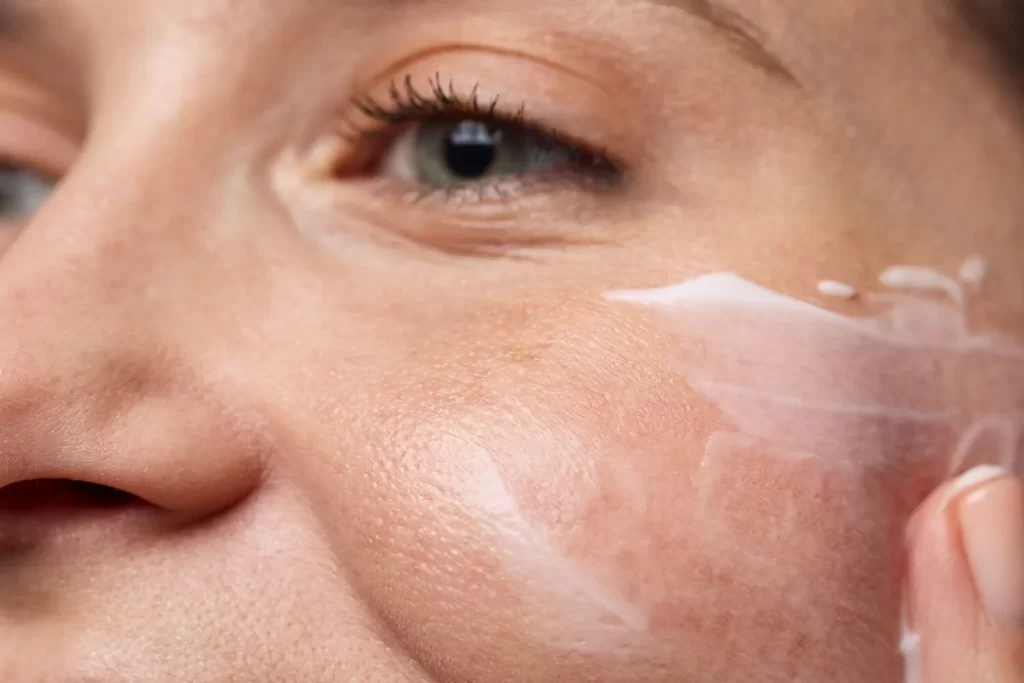
How to Hydrate Extremely Dry Skin
Daily moisturizer routine
Apply a moisturizing cream at least twice a day. For best results, use it after bathing when the skin is still damp. This helps lock in moisture effectively.
When to apply after cleansing
Moisturizer should be applied within minutes after cleansing. This prevents dryness and keeps the skin from losing water. Pat the skin dry, then apply the cream immediately.
Layering with SPF and actives
During the day, use a face moisturizer with SPF 30 or layer SPF on top. If using retinol or acids, apply moisturizer after to reduce irritation. This helps maintain the protective barrier of the skin.
Serum vs. moisturizer: which do you need?
Serums deliver active ingredients but do not replace a moisturizing cream. A serum hydrates or targets specific concerns, while a moisturizer seals and protects. Most people benefit from using both.
Common mistakes to avoid
- Skipping moisturizer when the skin feels oily.
- Using products with a strong fragrance on sensitive skin.
- Forgetting to reapply in dry climates.
Correcting these mistakes helps improve hydration and comfort.
Specialized Benefits
Best moisturizer for glowing skin
Products with hyaluronic acid and niacinamide can brighten the skin tone. A lightweight facial moisturizer improves texture and gives skin a smoother appearance. Look for creams labeled “radiance” or “brightening.”
Best moisturizer for combination skin
Combination skin types benefit from gel-cream hybrids. These hydrate dry patches without clogging pores in oily areas. A balanced formula ensures the whole face feels comfortable.
When to See a Dermatologist
Signs of eczema or allergy
Persistent redness, itching, or rash may suggest eczema treatment or contact allergy. At this stage, a board-certified dermatologist like Dr. Alicia Atkins can provide prescription solutions.
If you’re comparing virtual care providers, this guide on Dr. on Demand vs. Teladoc explains how DermOnDemand differs from other telehealth options.
Persistent flaking or cracking
If skin remains flaky or cracked despite daily moisturizing, medical care is recommended. DermOnDemand makes it simple to consult a dermatologist online for personalized treatment.
If you are unsure whether to keep trying over-the-counter products or switch to medical care, look for warning signs. Consider professional advice if:
- The best dry skin moisturizer you try still leaves your skin flaky or cracked.
- Your daily moisturizing routine causes stinging or redness.
- Areas of skin bleed, swell, or spread despite using a moisturizing cream.
- Your skin feels itchy or painful even after switching to fragrance-free options.
These scenarios signal that expert evaluation is needed. At this point, Dr. Alicia Atkins and the team at DermOnDemand can provide targeted prescription treatments to restore the protective barrier safely.
FAQs About Moisturizers
Cream vs. lotion vs. balm
- Creams balance water and oil, ideal for most dry skin.
- Lotions are lighter and suit mild dryness.
- Balms are thick and best for extremely dry or damaged areas.
Do I need ceramides?
Yes. Ceramides help restore the protective barrier. Most dermatologists recommend them for anyone with dry or sensitive skin.
Can moisturizer replace SPF?
No. Even the best moisturizers for dry skin cannot replace sunscreen unless labeled with SPF 30 or higher. Always protect your skin from UV damage with proper sun protection.
Start Your Online Dermatology Plan
Dryness can affect comfort, confidence, and overall health. If you need more than an over-the-counter moisturizing cream, DermOnDemand offers fast, discreet, and expert care online. Book your consultation today and receive a personalized treatment plan.


